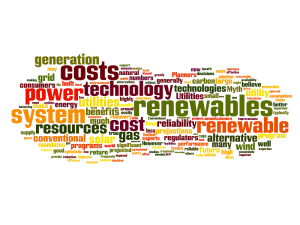I did not want to like the new book,”The Delinquent Teenager Who was Mistaken for the World’s Top Climate Expert”, written by Donna Laframboise. I did not like the title and am skeptical of non-scientists writing books about a scientific topic.
Nevertheless, I read a bit on the author’s blog and her previous projects. I decided that if I wanted to comment on the book, I would have to read it. 8 euros (sales tax and such) and I had it on my Kindle. She stayed focused on the IPCC and maintained a journalist perspective. Once in a while she mentioned something about the science, but I decided not to dwell on it too much. Montford (whose book I did not buy, although I thought long about it) showed up only once and she did not go into the CRU email debate. I like the Citizen Audit which she organized. This was a methodical and scientific demonstration of how the IPCC chair misled readers. The cases of McIntyre and Landsea are very convincing.
Some things that irritated me a bit. Her use of the words “some of us” treat the reader as if they are, by default, a member of her group. She lumps the A work of the first working group with the remainder of the chapters. The basic evidence of climate change is presented in this first chapter. I’m not a big fan of reading between the lines.
She seems a bit harsh on graduate students. Although she gives strong evidence supporting the influence of Greenpeace and World Wildlife Fund, it is possible to be a good scientist and support environment regulation. I do not think that it is fair to be critical of people who genuinely believed what was said by IPCC officials. Al Gore is not a scientist and believed what he was told and was alarmed by it.
Something new, I had never saw some of this as antagonism of the US towards Canada but this is clear from the NSA and Mann’s response to McIntyre.

